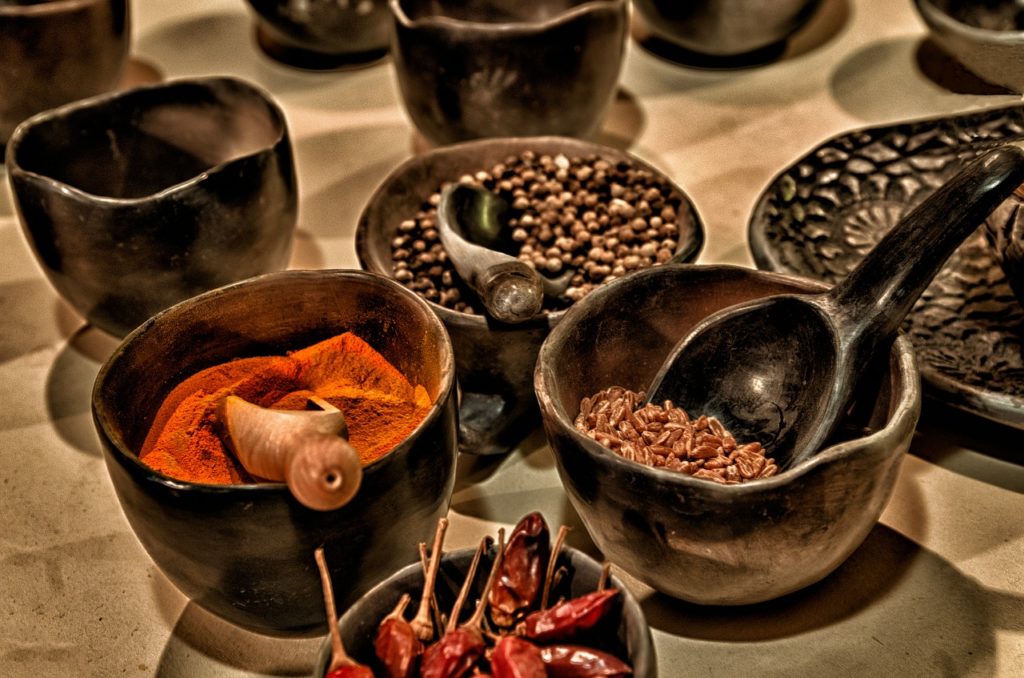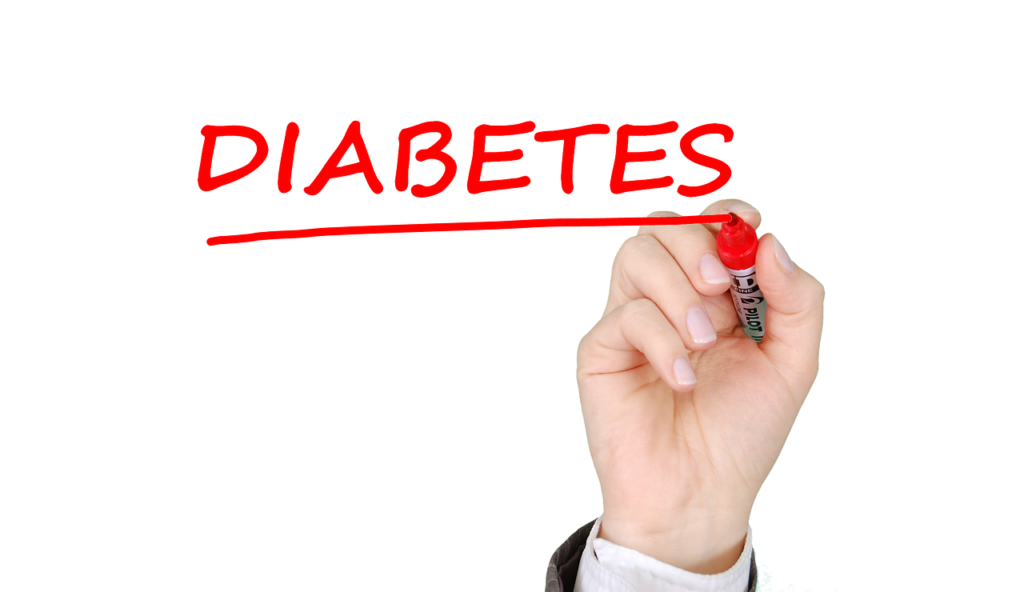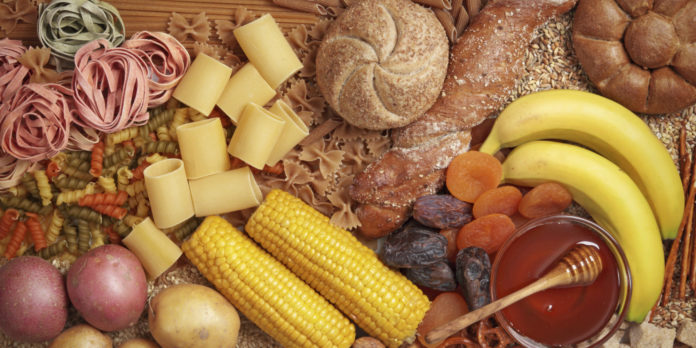According to Iowa State University Carbohydrates provide fuel for the central nervous system and energy for working muscles. They also prevent protein from being used as an energy source and enable fat metabolism.

The Bad: Carbohydrates are the sugars, starches and fibers found in fruits, grains, vegetables and milk products.

The Good: carbohydrates are one of the basic food groups that are important to a healthy diet.

| Grams Of Carbohydrates In Each Serving Size Of Common Sweets Brownie, 2-inch square (about 1 oz.), 15 gramsCake, unfrosted 2-inch square (about 1 oz.), 15 gramsCookie or sandwich cookie, 2 small (about 2/3 oz.), 15 gramsFruit juice bars, frozen, 100% juice, 1 bar (3 oz.), 15 gramsIce cream, 1/2 cup, 15 gramsPudding, sugar-free, 1/2 cup, 15 gramsCake, frosted 2-inch square (about 2 oz.), 30 gramsDoughnut, glazed 1 medium (2 oz.), 30 gramsPumpkin, custard, or sweet potato pie, 1/8 of an 8-inch pie, 30 gramsBaklava 2- x 3-inch piece, 45 gramsFlan (caramel custard), 1 cup, 45 gramsFruit pie, 2 crusts, 1/6 of an 8-inch pie, 45 gramsRice pudding, 1/2 cup, 45 grams. |

The Bad: All macronutrients must be obtained through diet; the body cannot produce macronutrients on its own.

The Good: Carbohydrates are macronutrients, meaning they are one of the three main ways (carbohydrates, protein and fats) the body obtains energy, or calories. They are necessary to daily nutrition. The Bad: Carb intake for most people should be between 45% and 65% of total calories. One gram of carbohydrates equals about 4 calories, so a diet of 1,800 calories per day would equal about 202 grams on the low end and 292 grams of carbs on the high end.
The Good:are the body’s main source of energy.
The Bad: diabetes should not eat more than 200 grams of carbs per day, while pregnant women need at least 175 grams.
© Copyright – Hector Sectzer

















